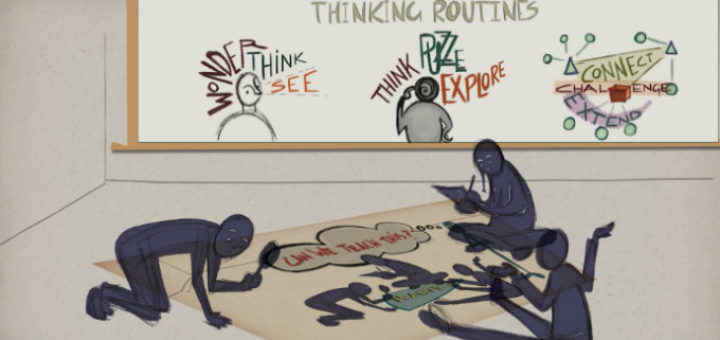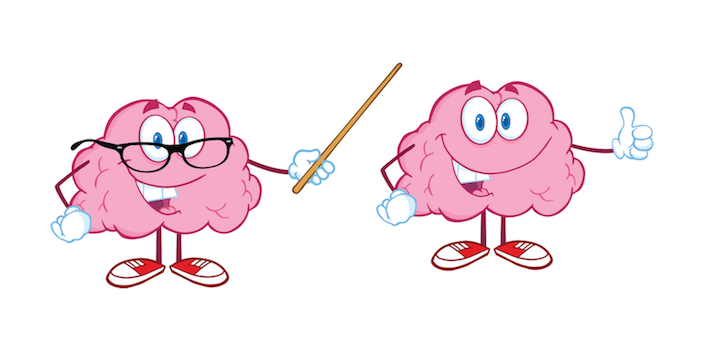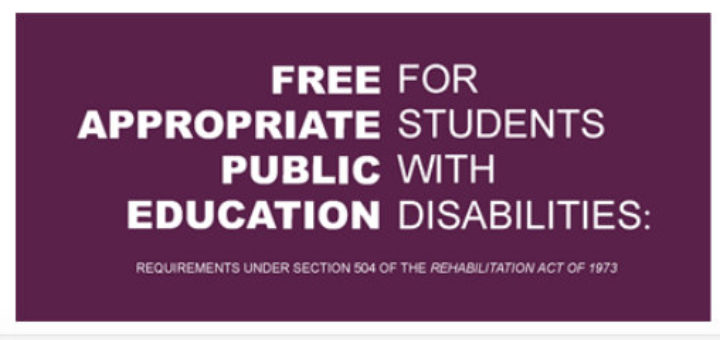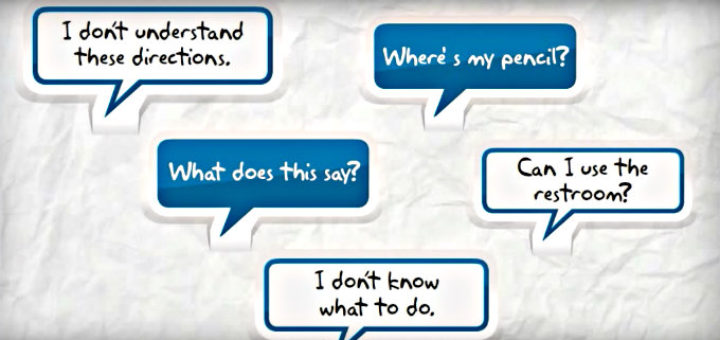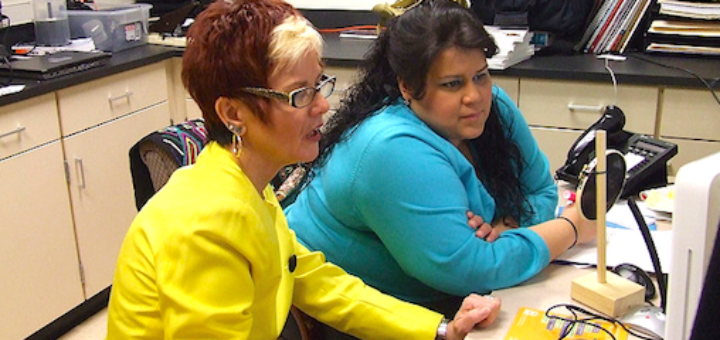Category: Two Teachers in the Room
Emotions are a natural part of learning, writes co-teaching coach and NBCT Elizabeth Stein. In fact, she says, when teachers in inclusion classrooms tap into emotions and provide quality feedback, they’ll find they’re better able to serve diverse learners effectively.
How can co-teachers honor the strengths and needs of each learner and assure everyone becomes an important contributor to the classroom learning experience? Elizabeth Stein believes the process begins by creating a framework that makes every student’s thinking visible.
Here’s your invitation to stay connected and continue learning through the summer months. Instructional coach Elizabeth Stein looks at four essential questions for co-teachers and welcomes you to the conversation to share your observations and experience. Bookmark it!
Spring is in the air and kids’ attention is fluttering around and beyond the room. Elizabeth Stein shares a bit of timely brain science and offers strategies to help co-teachers bring their students’ attention back to class as the end of school approaches.
Noting the recent Supreme Court decision affirming high expectations and educational opportunities for all students with disabilities, Elizabeth Stein looks at what’s needed in the classroom to ensure an enduring commitment to inclusion continues to move forward.
Elizabeth Stein calls on co-teachers to create powerful ripple effects throughout the nation’s classrooms with positive actions aimed at strengthening inclusion and every student’s sense of achieving their best. She offers six jumping-off places to start the wave.
Elizabeth Stein urges co-teachers to co-create an action plan for the remainder of the year that supports any students who are beginning to drift and fall behind in reaching their goals. Using UDL videos and other resources, Stein shows how to meet diverse needs.
Don’t just think outside the co-teaching box – get out of the box altogether, into a no-boundaries partnership. Coach & NBCT Elizabeth Stein shares several strategies, including informal, efficient co-planning and divergent thinking activities to spark creativity.
It’s time, writes teaching coach Elizabeth Stein, for co-teachers to take a strong, visible and audible stance on behalf of those students “who have been on your mind every day since school began.” Co-teachers need to become social justice leaders in the classroom.
We have heard for over a decade now that we must be teaching our students how to think critically. Using four examples, coach Elizabeth Stein demonstrates how co-teachers can strengthen their own critical thinking skills using a shared problem-solving mindset.


